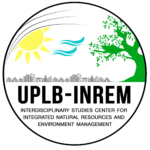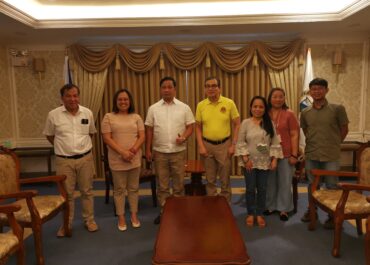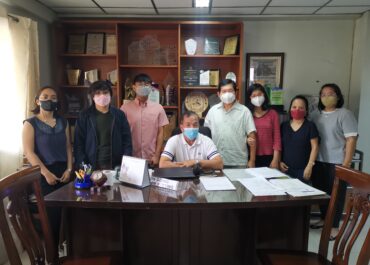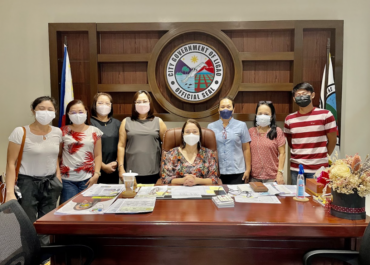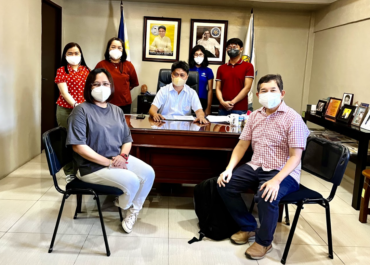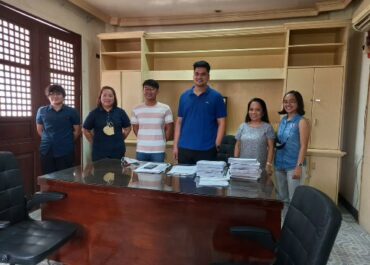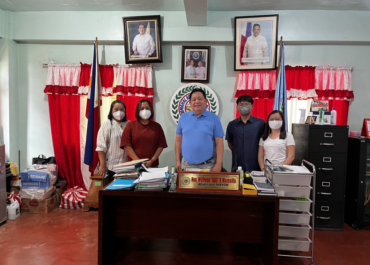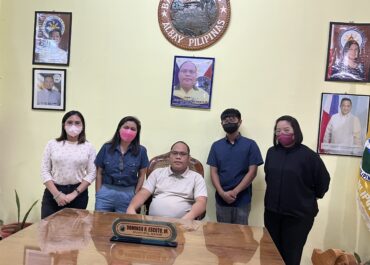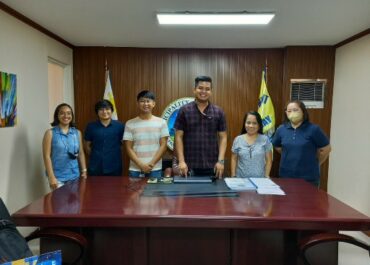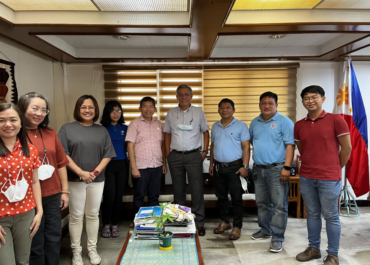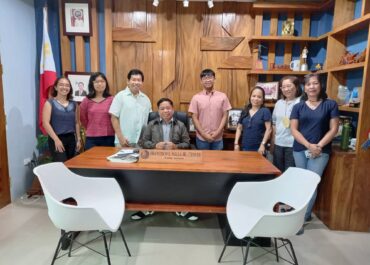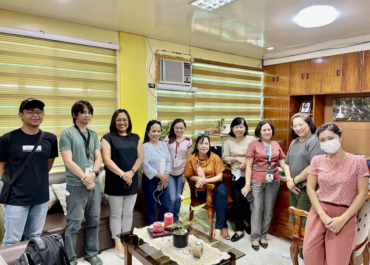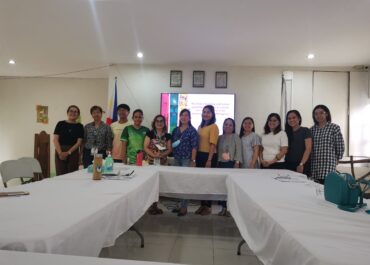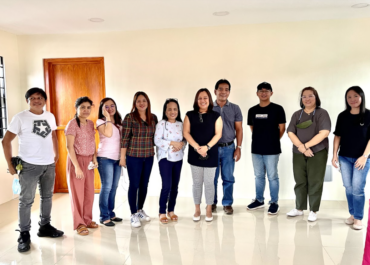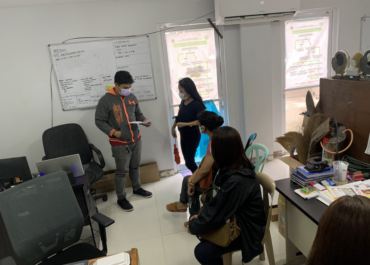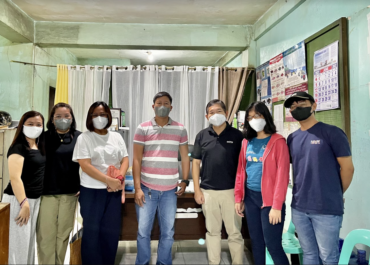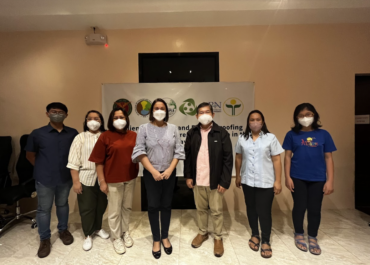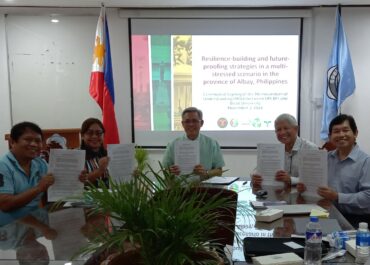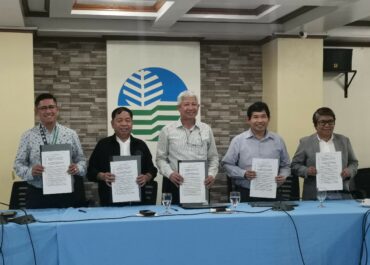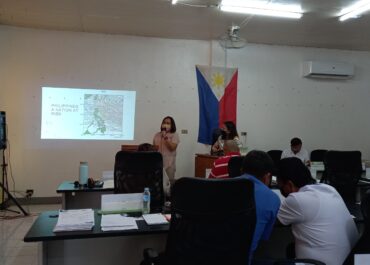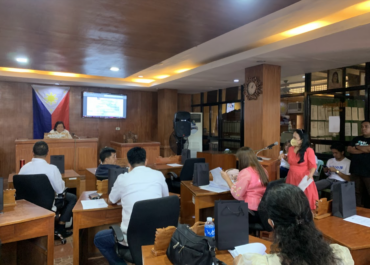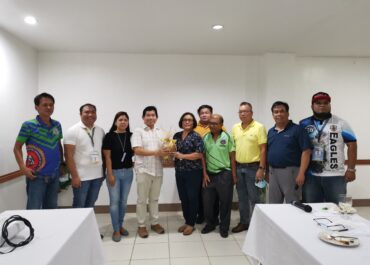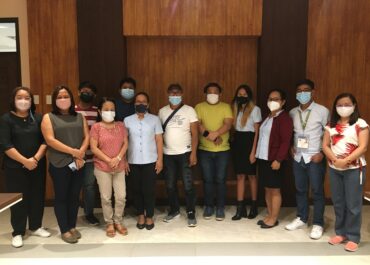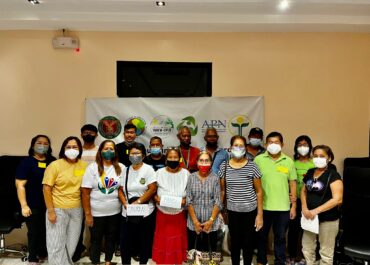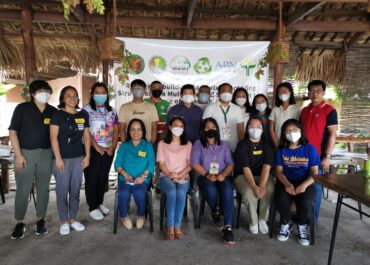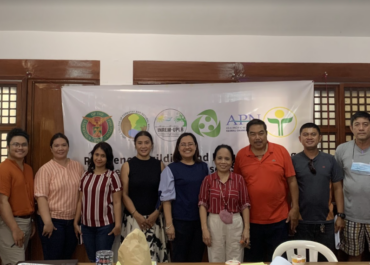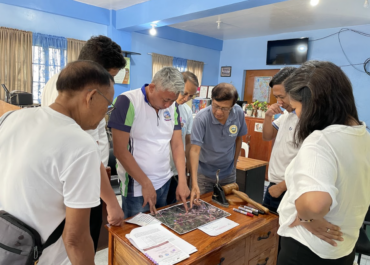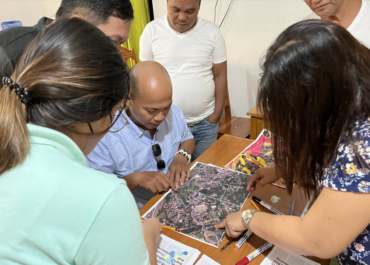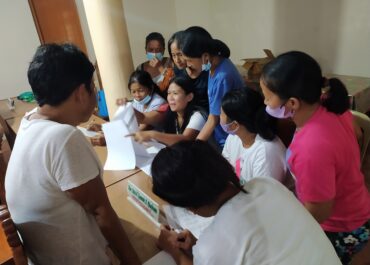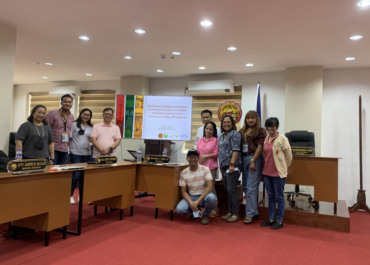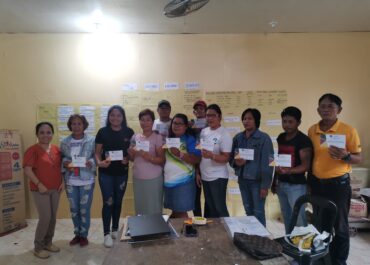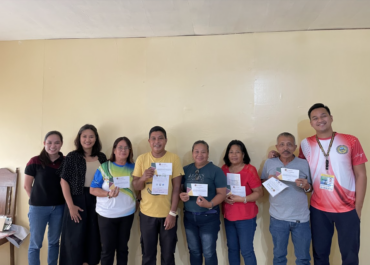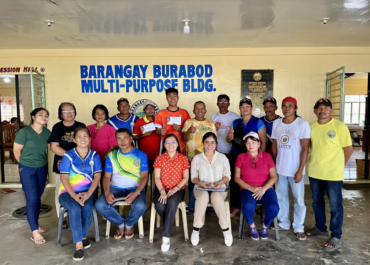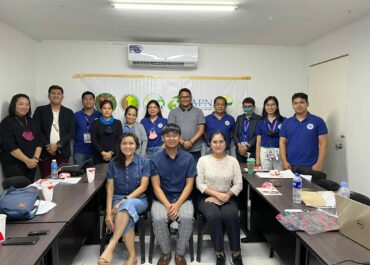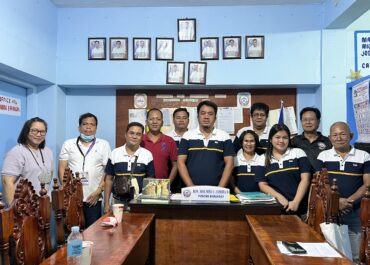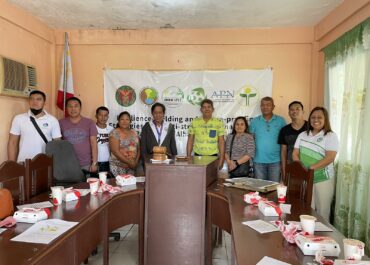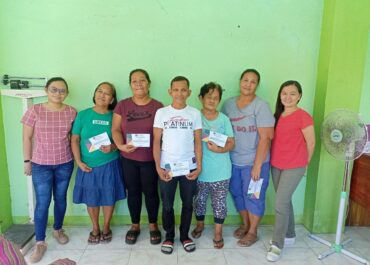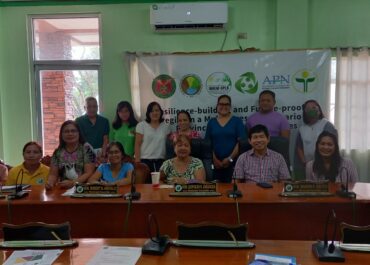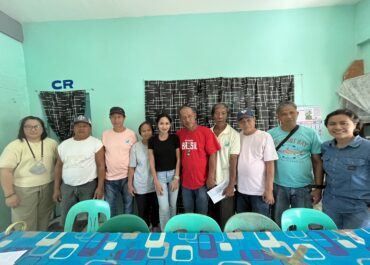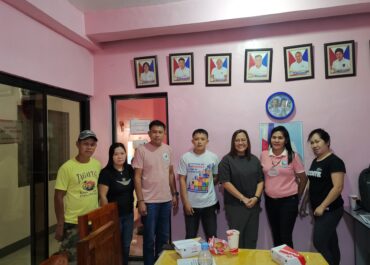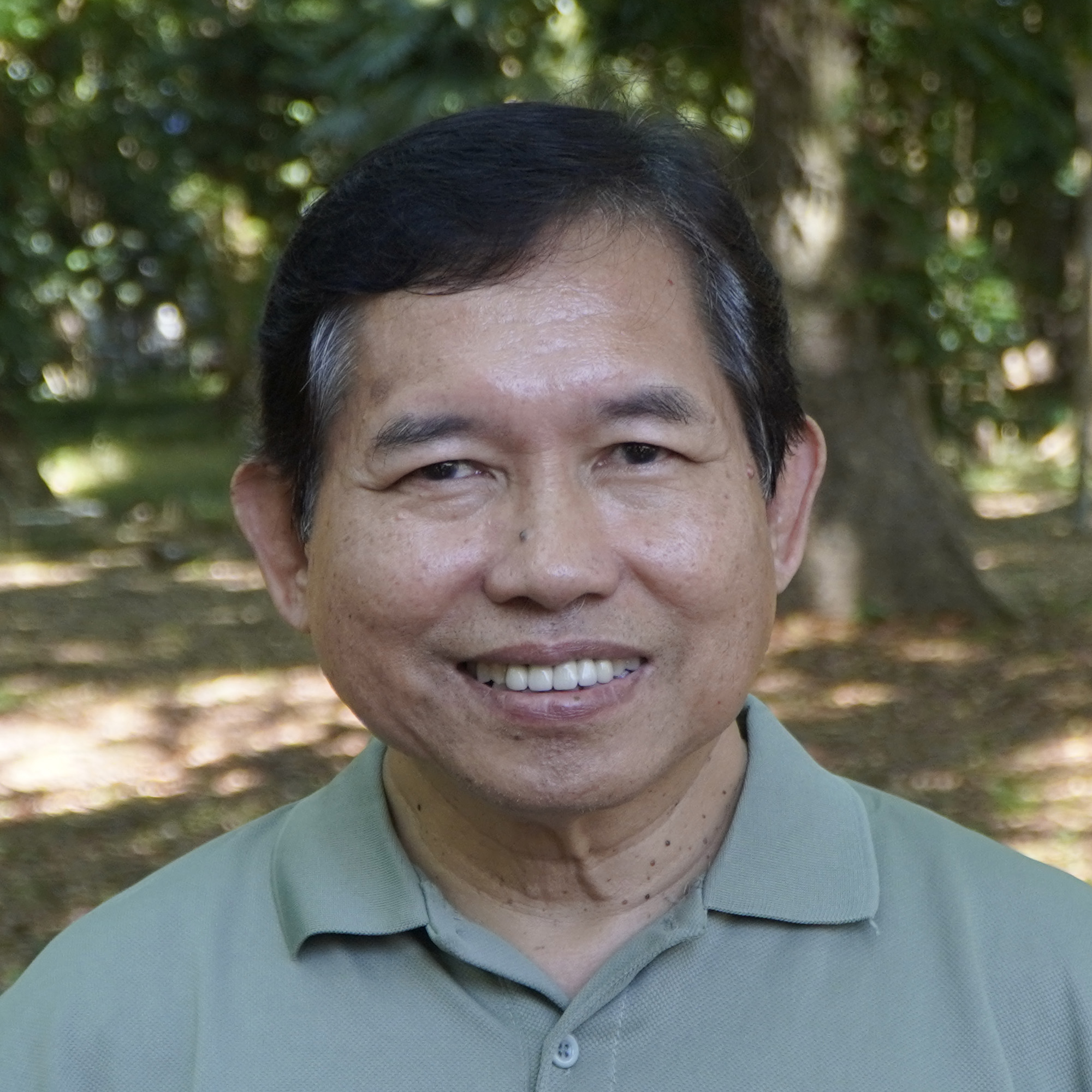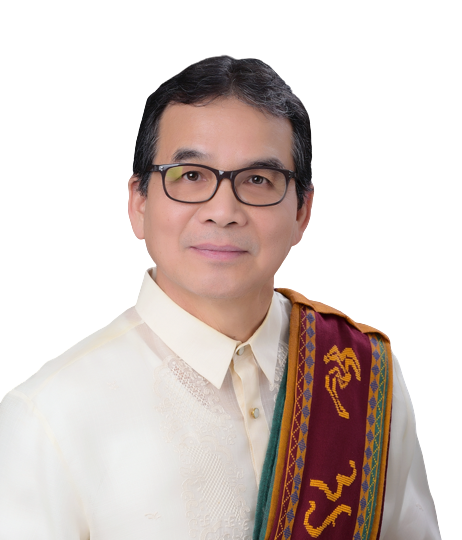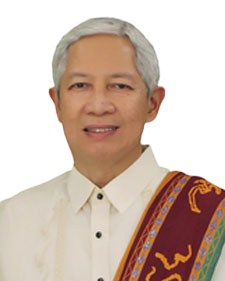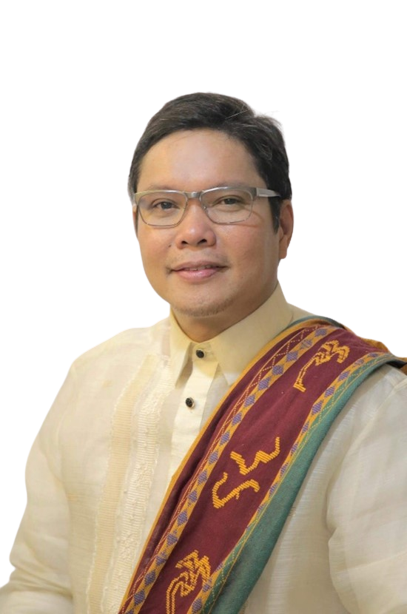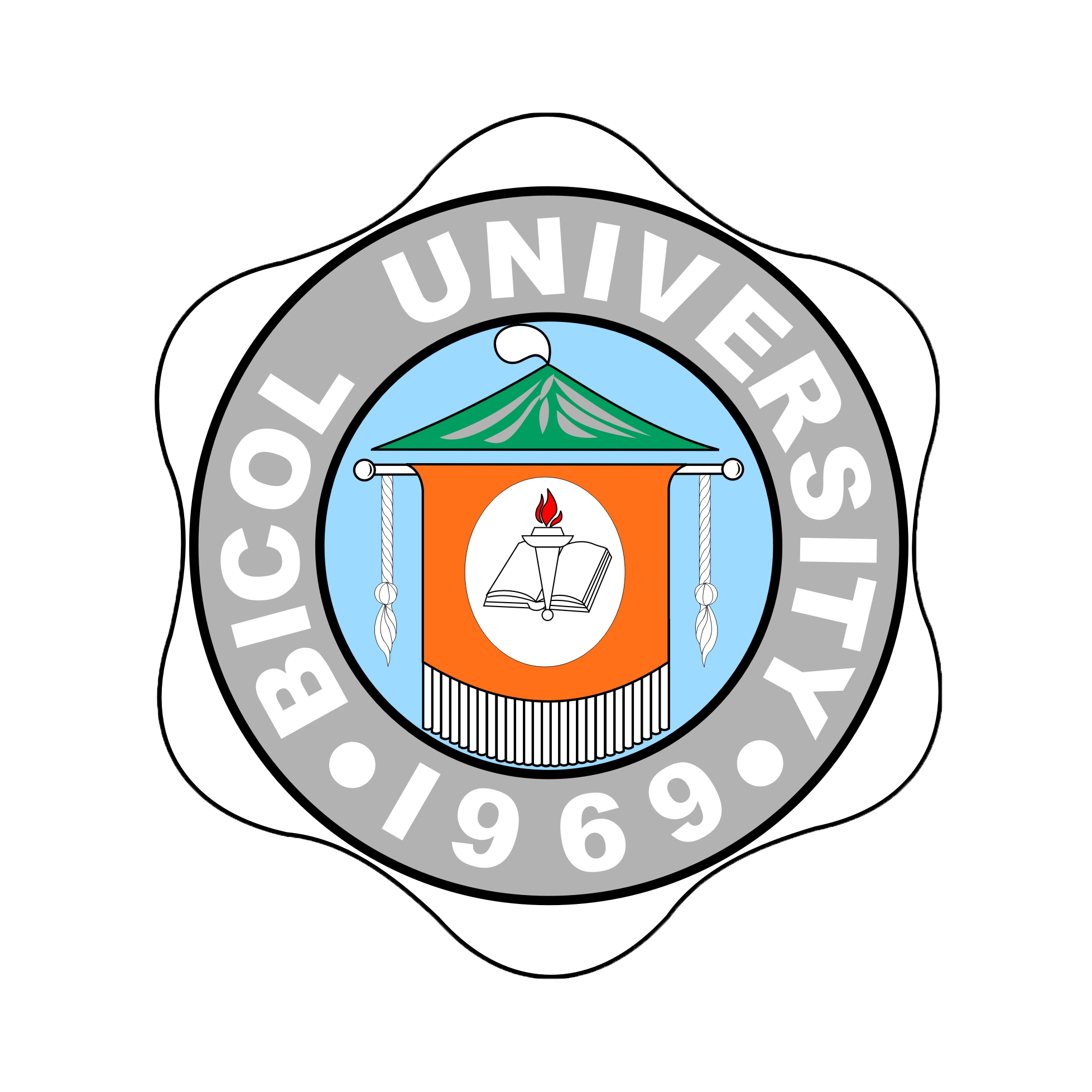Resilience-Building and Future-Proofing Strategies in a Multi-Stressed Scenario in the Province of Albay, Philippines
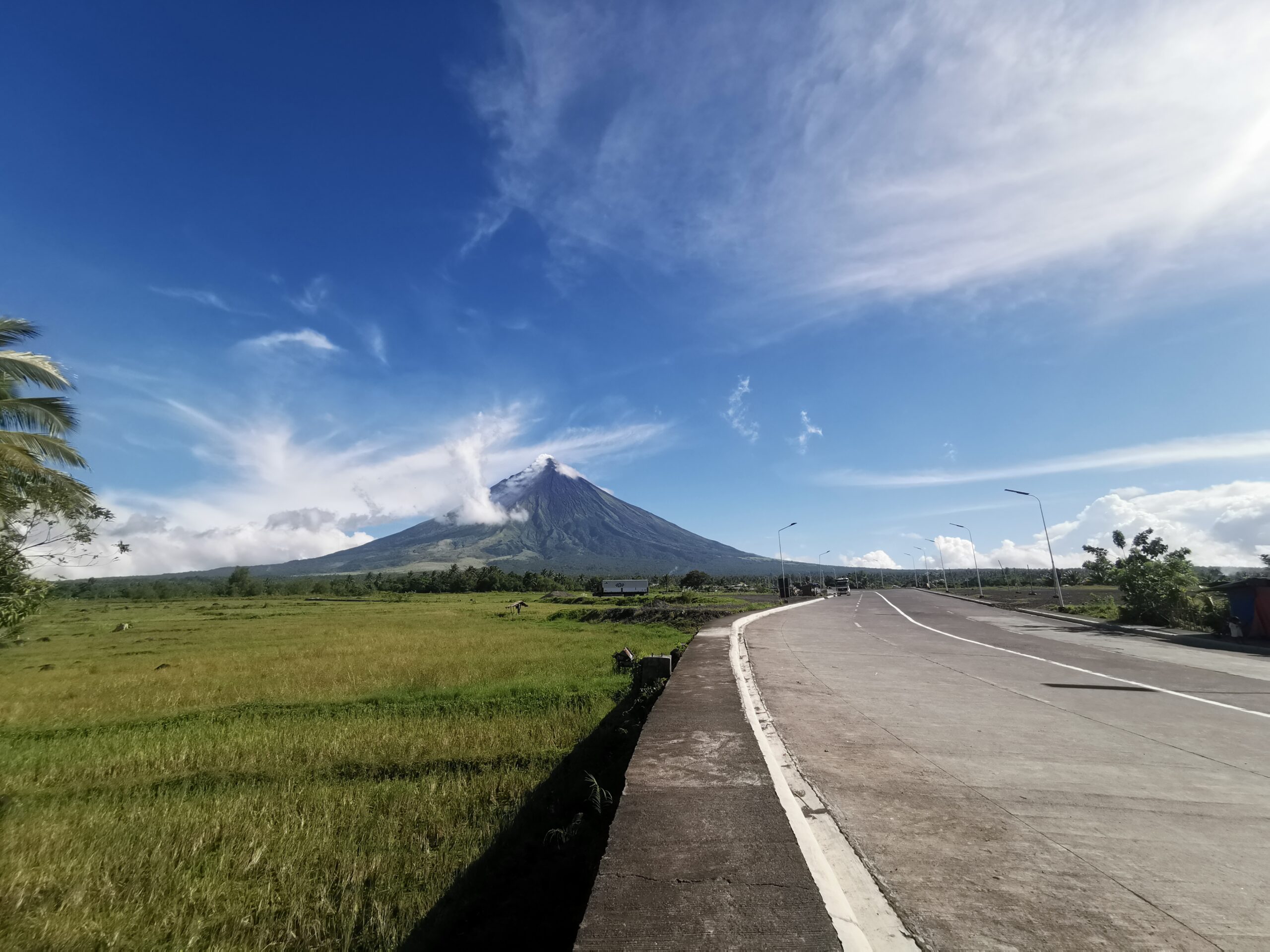
Project Overview
| Project Leader | Dr. Juan M. Pulhin |
| Implementing Agency | Interdisciplinary Studies Center for Integrated Natural Resources and Environment Management (IDSC-INREM), University of the Philippines Los Baños |
| Partner Agency | University of the Philippines Resilience Institute (UPRI) |
| Project Location | Albay, Philippines |
| Budget | USD 70,300.00 |
| Project Duration | 24 Months |
| Objective | To build the resiliency of local government units (LGUs) and communities and implement future-proof strategies for climate change and development |
| Target Beneficiaries | (1) Researchers, students, and the academe, (2) LGUs, local communities, and (3) Policy makers |
Background and Rationale
The World Risk Report ranked the Philippines third in 2018 and second in 2020 in terms of disaster risk index and considered highly vulnerable to impacts of climate change having more than 20 annual incidents of tropical cyclones that bring about floods, landslides, and droughts. Albay province is not new to these hazards and risks and have a long history of managing them, which in 2008 the province earned “Global LGU Model for Climate Change Adaptation”. However, the recent consecutive typhoons, that triggered lahar flows and flash floods, has caught the province flat-footed in responding and has caused billion-peso damages in the middle of the Covid-19 pandemic. It has also put to fore the current risk realities of some areas in the country necessitating transformative capacities of people, ecosystems, and institutions.
Simultaneous with capacity development of the LGUs and local communities, the project also support the advancement of APN’s science-policy agenda by promoting interactions and dialogues at different levels that will allow co-learning, co-development, and dissemination of evidence-based knowledge from solutions-oriented research for decision and policy making. The engagement of the local stakeholders throughout the entire duration of the project will enable them to co-learn with the project team the process of vulnerability and risk assessment by integrating science and local knowledge and co-develop resilient and future proofing strategies considering the multiple socio-economic and biophysical stressors confronting the area. Education and awareness of the general public about resilience building and future proofing of development will be enhanced through the various local and national forums, that will be participated by the research team, where the results of the study will be shared. Moreover, local decision and policy makers will be provided with evidenced-based knowledge through the different knowledge products such as project report, peer-reviewed journal articles, and policy brief to inform and enhance their decision-making process.
For more information regarding the project, you may visit our page at the APN website here
